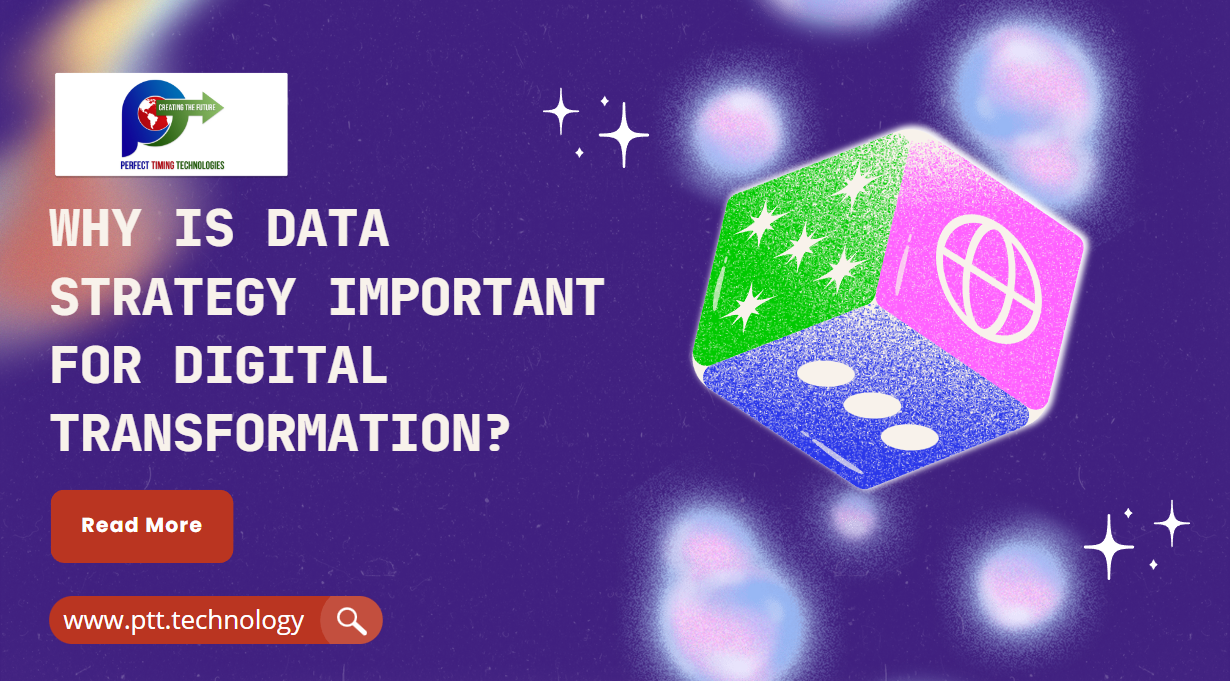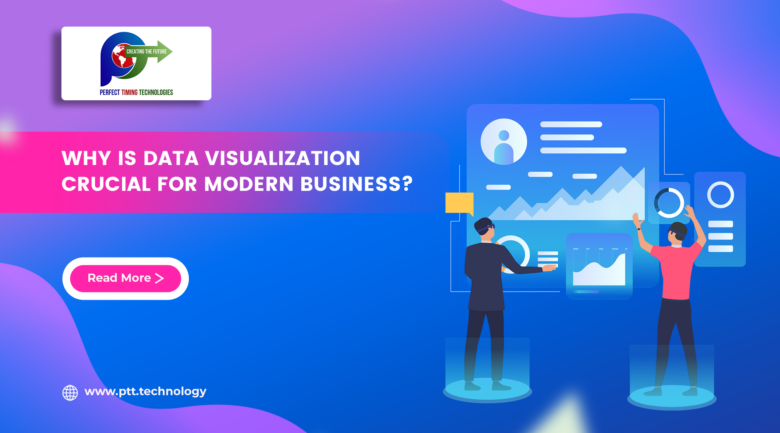
Digital transformation is no more confined to shifting from offline mode to online or upgrading technology. To adopt changes in your business models, create new models, or keep up with your customer expectations you need to be digitally equipped.
So in this context, digital transformation refers to the adaptation of modern technology to build a flexible, secure, and efficient business. Well-equipped and informed businesses must remain connected to their customers and will always be ready to evolve as per the changing needs. But upgrading your products or services will not be enough unless you have a solid data strategy.
In this article, we shall discuss the following points-
- What is a Data Strategy?
- Why is Data Strategy Important?
What is Data Strategy?
A Data Strategy is the foundation for all the data processes carried inside an organization. It is a long-term layout that guides the company’s staff, processes, and technology to deal with data challenges. The data strategy goals must support the overall business objectives of an organization.
A successful data strategy is when all business leaders put deliberate efforts into analyzing business through the lens of its crucial data. The highest authority also anticipates steps taken to reach the bigger organizational goals. Business leaders should consider the needs of their employees and identify processes and technology to be adopted to maximize data use effectively.
The main objective of a Data strategy is to define the roadmap as to how the whole organization will leverage data to make business decisions and to create a business plan to bring together all employees, processes, and technology to make the most of data strategy.
Why is Data Strategy Important?
When thinking of digital transformation, businesses must understand the need for a solid data strategy. Given below are the five key points that make data strategy important for every business-
- To Improve Customer Experience: Data plays a vital role in understanding customer behaviors and engagement patterns with your products and services. You can use data insights to serve specific needs and respond to any new changes in consumer demands. If still rely on your instincts to understand customer behavior, you will soon lose the competition.
- To Provide Value to Employees: Remote working is the new trend in the industry, so the future workforce shall not be in the office. For modern companies offering remote work improves productivity and enhances employee satisfaction. It also allows companies to recruit from around the world to find the right talent. Employee data can help you provide value to your workforce. Data helps to create an efficient work culture and individual-specific development plans and determine future leaders in the organization.
- To Optimize Business Operations: Data can provide relevant insights to understand how well the business processes perform. You should know whether your business operations have improved over time and can deal with unforeseeable situations. Data helps to connect processes with employees, influence change, and convert valuable insights into profitable actions.
- To Create New Value Chains: Carefully understanding customer behaviors opens new growth opportunities. Knowing what customers want helps businesses create new value propositions, find potential leads, and increase revenue. Extracting data at regular intervals creates data reserves that are put to monetary use later.
- To Drive New Innovations: Newer technological innovations like Artificial Intelligence, Machine Learning, Augmented Reality, and Digital Twins are adopted across all major industries. To successfully drive these innovations, you must explore and collect data relevant to your business.
Final Thoughts
A digital transformation journey will align successfully with your bigger business goals if you implement a solid data strategy. Effectively utilizing data will help better connect people with processes and open doors to new opportunities. A data-driven organization has the potential to achieve high operational efficiency.
Make sure your digital transformation is backed by a robust data strategy. Know more about data transformation from our experts.







